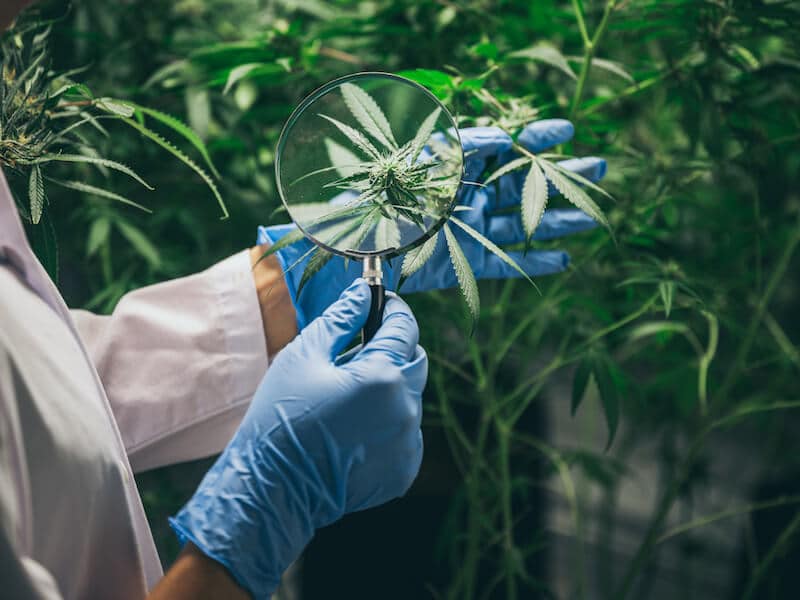Public opinion surrounding marijuana and cannabinoids has changed significantly over the last several decades. Cannabinoids, marijuana, and THC products are now allowed for medical use in many states. The idea that some states (fewer) even allow the recreational use of pot would have been hard to imagine 10 years ago.
Any compounds produced by the cannabis plant (the marijuana plant, basically) are known as cannabinoids. And we’re still learning new things about cannabis despite the fact that it’s recently been legalized in a number of states. It’s a common belief that cannabinoid compounds have extensive healing qualities. There have been conflicting studies about cannabinoids and tinnitus but research suggests there may also be negative effects such as a strong link between the use of cannabinoids and the development of tinnitus symptoms.
Many forms of cannabinoids
There are many varieties of cannabinoids that can be utilized today. Whatever name you want to give it, pot or weed is not the only form. Other forms can include topical spreads, edibles, pills, inhalable vapors, and more.
Any of these forms that have a THC level over 0.3% are technically still federally illegal and the available forms will fluctuate depending on the state. So it’s essential to be cautious with the use of cannabinoids.
The long-term complications and side effects of cannabinoid use are not well known and that’s the problem. Some new research into how cannabinoids impact your hearing are prime examples.
Research into cannabinoids and hearing
Whatever you want to call it, cannabinoids have long been linked with helping a large number of medical conditions. Seizures, nausea, vertigo, and more seem to be helped with cannabinoids, according to anecdotally available evidence. So researchers decided to find out if cannabinoids could treat tinnitus, too.
But what they discovered was that tinnitus symptoms can actually be triggered by the use of cannabinoids. Ringing in the ears was reported, according to the study, by 20% of the participants who used cannabinoids. And tinnitus was never formerly experienced by those participants. Furthermore, marijuana users were 20-times more likely to report experiencing tinnitus symptoms within 24 hours of consumption.
And for individuals who already cope with ringing in the ears, using marijuana may actually worsen the symptoms. Put simply, there’s some rather convincing evidence that cannabinoids and tinnitus don’t really mix all that well.
It should be mentioned that smoking has also been linked with tinnitus and the research was unclear on how participants were consuming cannabinoids.
Unclear causes of tinnitus
The discovery of this connection doesn’t reveal the root cause of the relationship. It’s quite clear that cannabinoids have an impact on the middle ear. But it’s much less clear what’s causing that impact.
Research, obviously, will continue. Cannabinoids today come in so many varieties and forms that understanding the underlying connection between these substances and tinnitus might help individuals make wiser choices.
Beware the miracle cure
There has certainly been no scarcity of marketing hype around cannabinoids recently. That’s in part because mindsets surrounding cannabinoids are quickly changing (and, to an extent, is also a reflection of a desire to turn away from opioids). But some negative effects can come from cannabinoid use, particularly regarding your hearing and this is demonstrated in this new research.
Lately, there’s been aggressive marketing about cannabinoids and you’ll never avoid all of the cannabinoid devotees.
But a powerful connection between cannabinoids and tinnitus is definitely implied by this research. So regardless of how many ads for CBD oil you see, you should steer clear of cannabinoids if you’re concerned about tinnitus. The link between cannabinoids and tinnitus symptoms is unclear at best, so it’s worth using some caution.
References
https://onlinelibrary.wiley.com/doi/full/10.1002/lio2.479
https://www.ncbi.nlm.nih.gov/pmc/articles/PMC5855477/
https://www.medpagetoday.com/meetingcoverage/aaohnsf/82180



